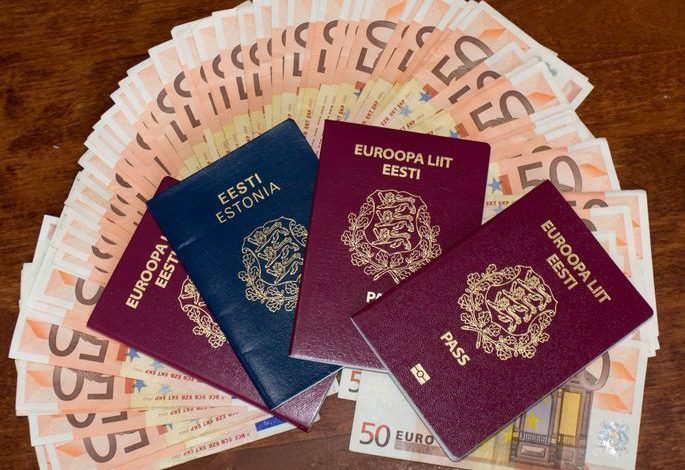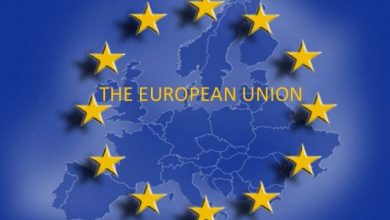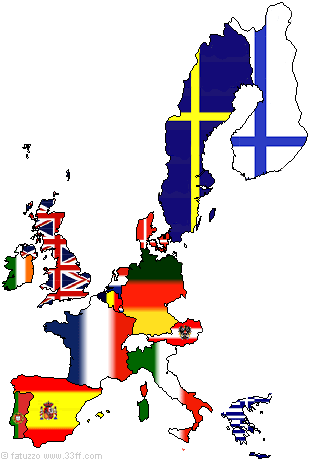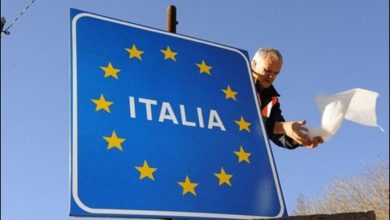Gold visas and passports: how EU countries trade their citizenship
In a number of EU countries, trade in citizenship and residence permits has become a profitable business. Brussels warned that in this way foreign corrupt officials could enter the European Union.
EU citizenship for money? The Government of Malta openly advertises its passports on the Internet: anyone who buys real estate on the island and invests 150 thousand euros in Maltese government bonds will be able to become a citizen of this country in a few months. To do this, potential buyers from Arab countries, Russia, Asia or South America do not even need to live in Malta. It is enough to visit the island only once and acquire property there, which must remain in the hands of the new owner for at least five years.
A Maltese passport can be a very profitable purchase: its holder, in particular, receives not only the right to freely move around the territory of the European Union and work in any of his country, but also the right to visa-free travel as a tourist to the United States.
On Wednesday, January 23, the European Commission first published a report on the issue of citizenship and residence permits in the EU in exchange for investment. The findings of the study were cause for concern, stressed European Commissioners Vera Yurova and Dimitris Avramopoulos in Brussels. Today, three states – Malta, Cyprus and Bulgaria – openly trade in their citizenship, and 20 of the 28 EU member states offer permanent residence permits in exchange for investments of various sizes.
In its report, the European Commission for the first time recognizes that such schemes entail significant risks. For example, many Russian businessmen with a dubious reputation allegedly acquired Cypriot citizenship. “We would like to know the names of those who are in the EU,” said European Commissioner Yurova.
Fake evidence of Bulgarian roots
The international organization Global Witness positively assesses the fact that the EU intends to tighten control over schemes for the provision of gold passports and visas. “Now the hard times will come for the gold visa business,” said Naomi Hirst, a spokeswoman for the organization.
However, she notes that in its report, the European Commission still does not call on EU countries to take concrete actions. According to Hurst, EU members should follow Bulgaria’s example and temporarily suspend their gold visa programs. Earlier, to obtain Bulgarian citizenship, it was necessary to invest at least 1 million leva (about 500 thousand euros) in the country’s economy.
And in October 2018, a scheme was opened in Bulgaria in which high-ranking officials of the country were allegedly involved: the prosecutor’s office believes that they gave fake certificates of Bulgarian origin to the Macedonians, Albanians, and Ukrainians, allowing them to obtain EU citizenship. The European Commission hopes that the Bulgarian authorities will do everything to fight this kind of corruption.
As for Germany, they do not issue either “golden” residence permits or passports, the report of the European Commission notes. However, any foreigner can still apply for a residence permit under certain conditions – for this he needs to become the founder or head of an enterprise registered in Germany. At the same time, the requirement for a minimum investment amount no longer exists.
This post is also available in:
 English
English  Русский (Russian)
Русский (Russian)






